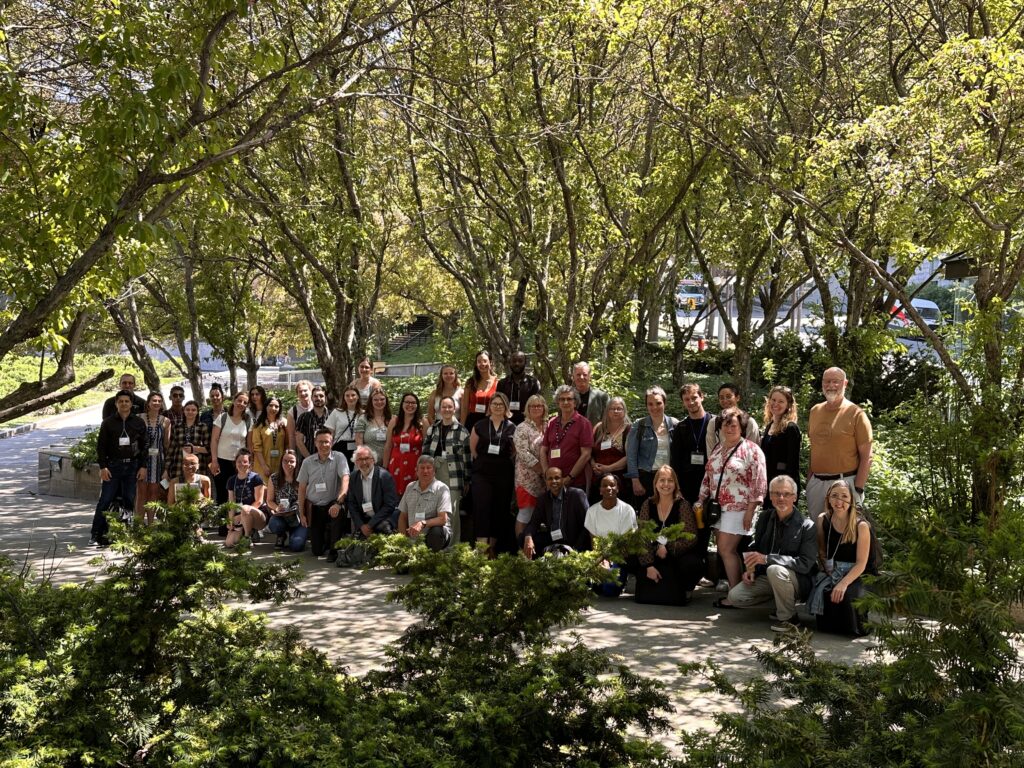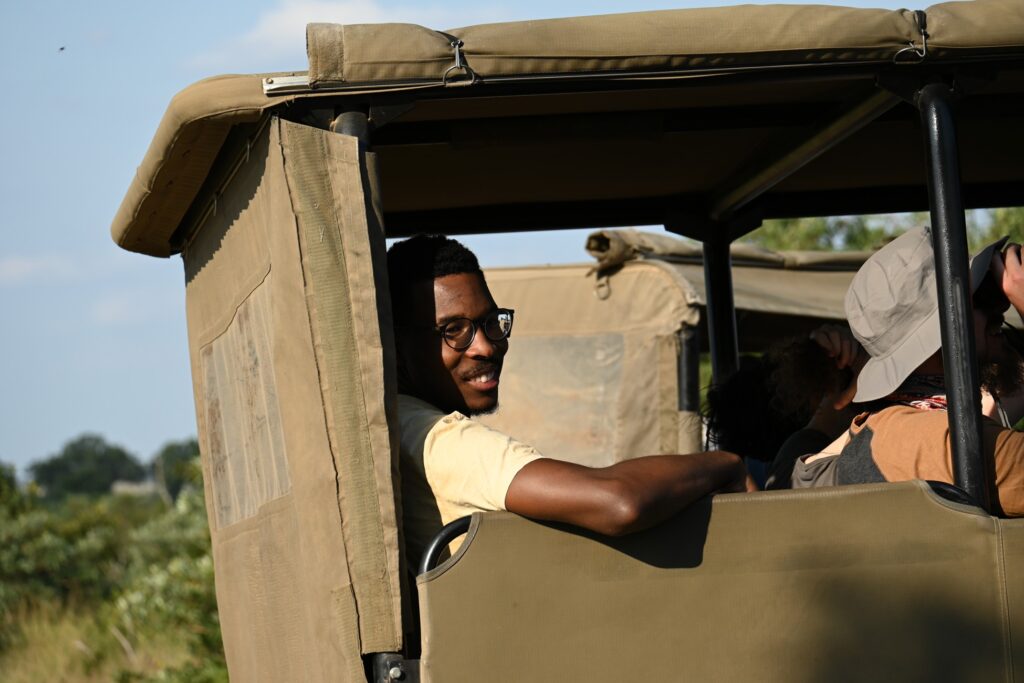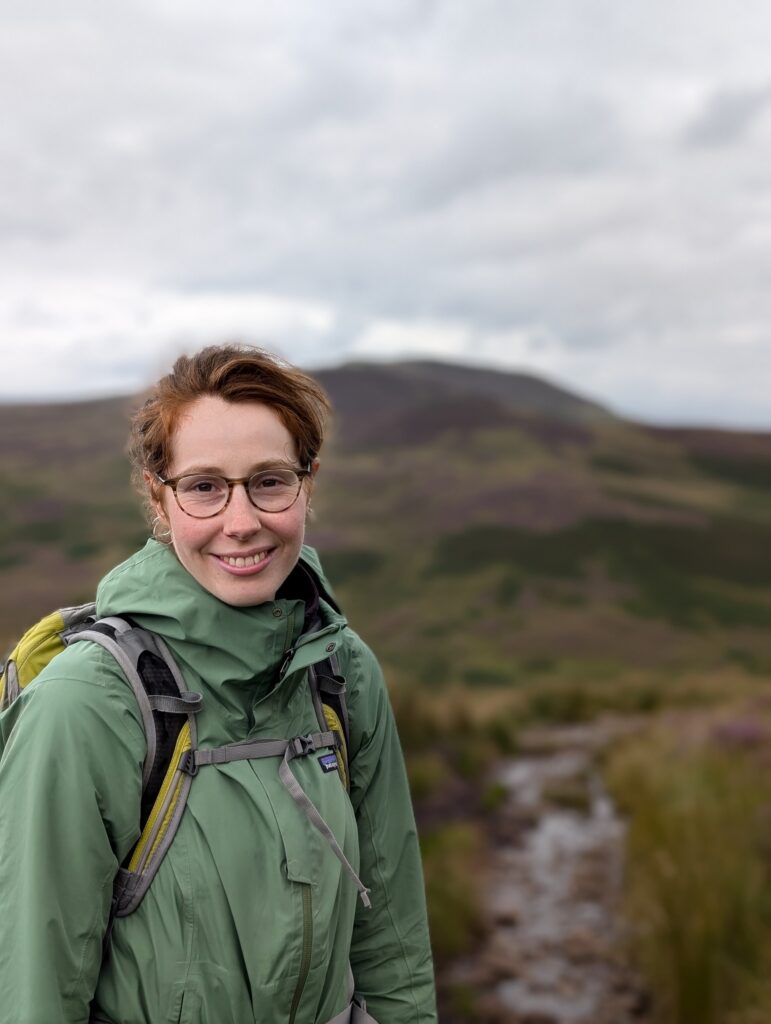Student Perspective
Co-Authors (in order of written sections): Larissa Wallisch and Pearl Finkelzon (Trent University), Shepherd Baidoo (University of Ghana), Mukhtaar Waja, Tendai Ganduri, Thea Juanita Earnest, and Carmen Kganane (Wits University)
This year, the International Institute for Environmental Science (IIES) hosted its 9th Annual Science & Policy Workshop and 8th International Graduate Student Forum in South Africa. The event focused on climate resilience, water stewardship, and global collaboration. Graduate students presented their research and participated in policy discussions. Networking opportunities allowed participants to establish international connections across 14 countries. Cultural experiences enriched the week, showcasing the unique setting and fostering ongoing global cooperation for sustainability. To uphold this year’s themes, graduate attendees from around the world reconnected to produce this article, merging their accounts and experiences from the conference week.

Science & Policy Workshops
We began each day with plenary sessions, followed by parallel sessions that addressed topics such as microplastics, ecosystem management, urbanization, and well-being. Professors and graduate students from 22 institutions worldwide presented their research, offering a holistic view of the issues and the international research being conducted.
Image (from left to right): Asaf Zohar, Suleiman Halasah, Monther Hind, Clive Lipchin, and Craig Sheridan
The final session featured a panel discussion on Transboundary Water Management and Peacebuilding, bringing together individuals who, despite the ongoing conflicts between Palestine and Israel, are engaged in numerous projects to ensure the Jordan River remains accessible to all inhabitants. All sessions underscored the necessity of interdisciplinary knowledge sharing and collaboration to tackle ecological issues and improve the biosphere.
Workshops & Sessions
Water stewardship was the focal point of this year’s workshops and sessions. Several breakout sessions were held to unravel the multifaceted questions of current global water challenges. These specialized discussions were facilitated by seasoned speakers, making each session a perpetually captivating experience that defies conventional expectations.
An enduring experience for graduate students is the practical activities designed to explore what water stewardship can look like in local communities. Groups were tasked with answering a series of questions that outlined who the stakeholders in their given watershed were, how they are not only affected by water but also how they impact it, and finally, what challenges need to be addressed to enhance the future narrative of the watershed. This activity allowed participants from various disciplines to contribute their expertise to co-design community action plans. The collaborative learning and knowledge-sharing opportunities provided by group work constituted a unique and valuable experience that stood out.
Key Takeaways & Emerging Themes
The significance of adopting an inclusive, interdisciplinary approach to engage with water was a powerful aspect of the IIES conference. Through presentations, demonstrations, and group activities, the complexity of environmental governance was elucidated, and various perspectives on this issue were offered, including legal, political, sociocultural, physical, and conceptual viewpoints.
Image: Tendai at the Wits Rural Facility, where the Graduate Student Forum took place.

This holistic approach illustrates how the environment, particularly regarding water, connects individuals from diverse disciplines, countries, socioeconomic backgrounds, and cultures—and that collaboration among stakeholders is essential.
Cultural Exchange & Experience
South Africa’s landscapes and hospitality were integral to the learning experience. Meals were shared at the Wits Club, and social events took place at the Wits Rural Facility. This sparked informal exchanges and connections that enriched scholarly discussions. Upon reflecting on these discussions, a common theme emerged: a person’s cultural background influences how they conduct their research. This theme resonated with one of the week’s key takeaways: climate resilience depends not only on scientific data but also on local narratives and lived expertise.
Student Reflection & Lessons Learned
International conferences can be daunting for students because of the intellectual environment they find themselves in, surrounded by academics and professionals. However, IIES was the complete opposite! Engaging with individuals from various industries and different levels of expertise facilitated critical and inclusive discussions. Coming from diverse backgrounds, it was fascinating to see how our expertise nuanced conversations regarding climate change and water stewardship. It felt like authentic stakeholder engagement!
Conclusion & Acknowledgements
In short, the IIES conference was a week filled with collaboration and learning about how, on a global scale, different environmental disciplines and cultures must unite to achieve climate resilience. The experiences and connections gained will remain with each of us and guide our research, both now and in the future. A thousand thank-yous to all organizers and hosts for their hard work and months of planning to curate this extraordinary opportunity!











